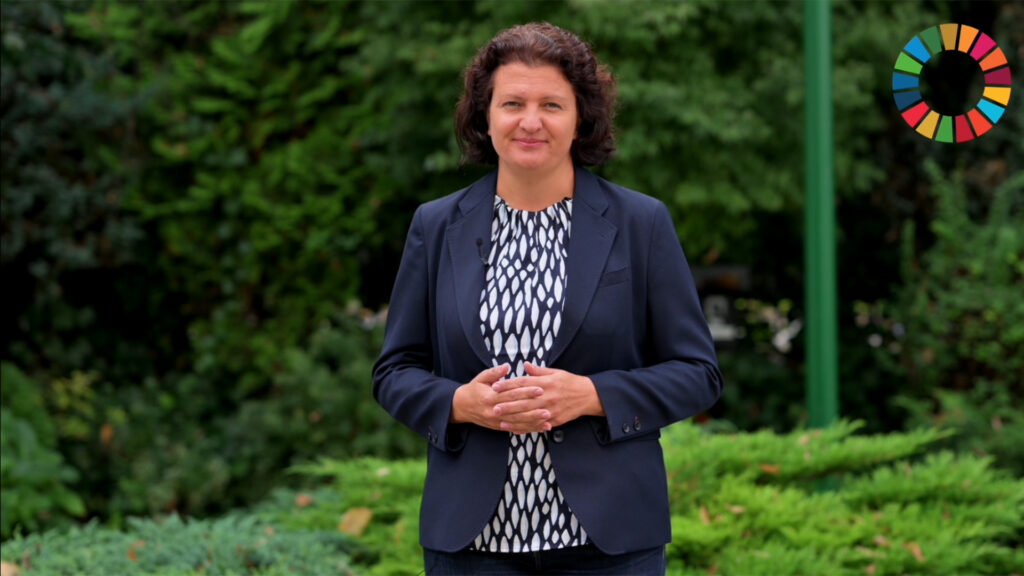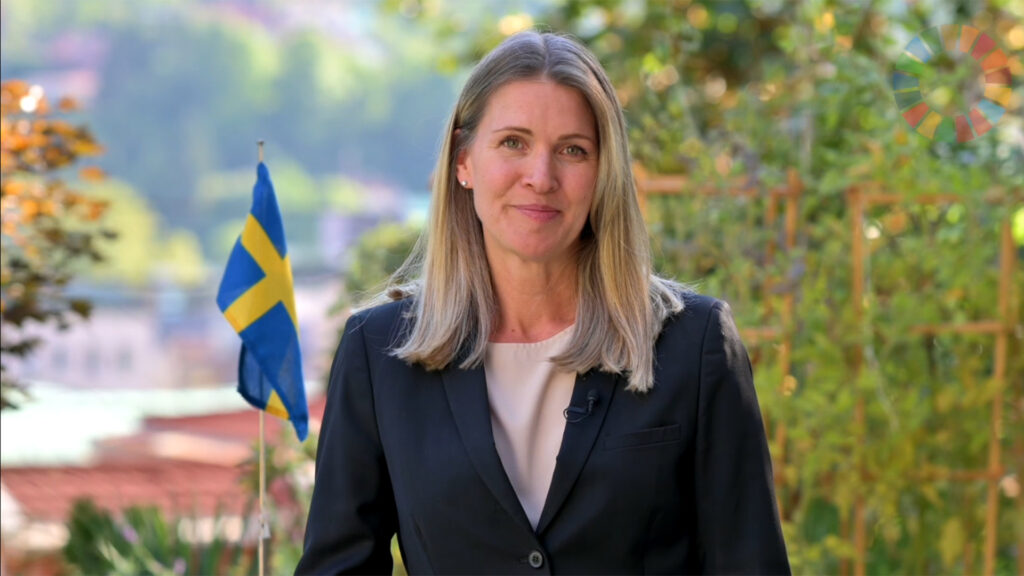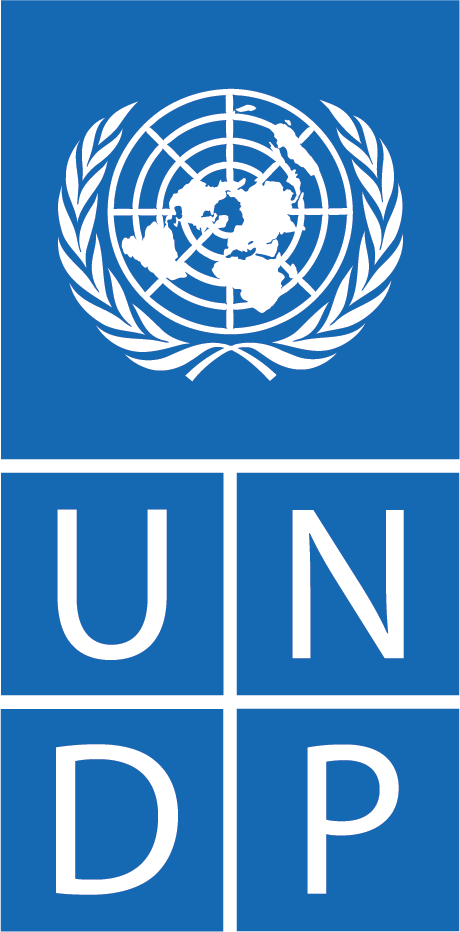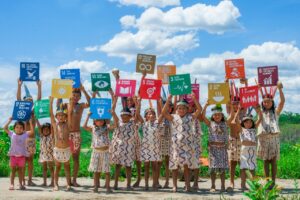
The COVID-19 pandemic has not only caused massive human suffering and thousands of deaths worldwide but has also devastated economies and livelihoods on every continent — threatening to reverse the hard-won advances in growth and significantly increase poverty and inequality worldwide.
The pandemic has also demonstrated the importance of alliances and the important role that the private sector can play in building preparedness and disaster response. Business contributions will be necessary if the world is to create a healthier, more stable and inclusive world community and thereby achieve the Sustainable Development Goals (SDGs).
“This pandemic has affected all aspects of our life in an unprecedented manner, whereby in many cases the people being the most vulnerable are again suffering the most – among others, the youth, women, elderly and disabled but also millions of workers in the informal labour market. The UNDP, together with the entire UN family, is guided by the SDGs as well as the principle of leaving no one behind. To achieve the SDGs, we not only have just 10 years left, but this pandemic even poses a huge risk to reverse our achievements of the past years, already felt in the area of gender equality“, stressed Steliana Nedera, Resident Representative of UNDP to Bosnia and Herzegovina.

“But we should look ahead and see this pandemic, the disruption it caused in areas we have never imagined and the measures governments around the world have taken, as an opportunity to support economic recovery which is not only sustainable and green, but which is more inclusive to make sure that no one is left behind, added Ms Nedera and continued: “As the Secretary General said, we should not only build back but we should build back better – using the universal SDGs as our guiding principal to commonly achieve this goal.”
However, the economic experts in Bosnia and Herzegovina believe that Bosnia and Herzegovina did not react very well in COVID-19 pandemic. Professor Vjekoslav Domljan, one of the leading economic experts in BiH and one of the most eminent economists in the Western Balkans recently stated that he believes that the old model of development should be changed and replaced by a new program based on production and exports, including the introduction of productivity policies. He advocates for Bosnia and Herzegovina’s turn towards sustainability because the Sustainable Development Goals are considered to be a matter of our future. He highlights the responsibility of the government and the other sectors of this society, included the private sector and the “green” sector that provides many business opportunities for both employers and employees.
The Swedish Ambassador to Bosnia and Herzegovina, Johanna Strömquist, agrees with the view professor Domljan laid out that the promotion of a more sustainable, better and greener, ways of building back the society would allow Bosnia and Herzegovina to recover from the negative socio-economic impact of COVID-19.

“Everybody has a role to play in this, including private business. We need to come together and ensure better, more inclusive and equal access to digital tools in order to leave no one behind. In Bosnia and Herzegovina, the fulfillment of the UN Sustainable Development Goals also goes hand in hand with the EU integration and they are mutually reinforcing“, adds Ambassador Strömquist.
In this regard, the role of the SDG Roll-Out and Private Sector Engagement project is of vital importance especially because it aims to capacitate and prepare private and public sector partners in Bosnia and Herzegovina for approaching the SDGs, thus directly supporting Bosnia and Herzegovina’s efforts to contribute to the largest global agenda that exists today – Agenda 2030. The Project will help Bosnia and Herzegovina translate the ambitious 2030 Agenda into action, by bringing the relevant stakeholders together around the SDG Roadmap. This will entail an SDG aligning exercise, SDG planning, partnership building and introduction of adequate institutional arrangements, monitoring and reporting, as well as defining of a financing model. The SDG Roadmap will be a forward-looking agenda with a clear vision for the country to address the identified trends. Project is financed by the Swedish Government and implemented by UNDP in BIH.
“There is growing knowledge and recognition of the SDGs, not only here in BiH, but around the world. Many businesses and individuals, many civil servants and public administrations on all levels are already applying the SDGs – in their planning, budgeting and monitoring. BiH is close to endorsing the SDG framework at central level and embedded it in planning at entity level, and UNDP, together with other UN agencies, is supporting the SDG financing framework to accelerate sustainable development by better connecting existing financial resources for greater impact and identifying the necessary financing for future action”, concludes Steliana Nedera.




